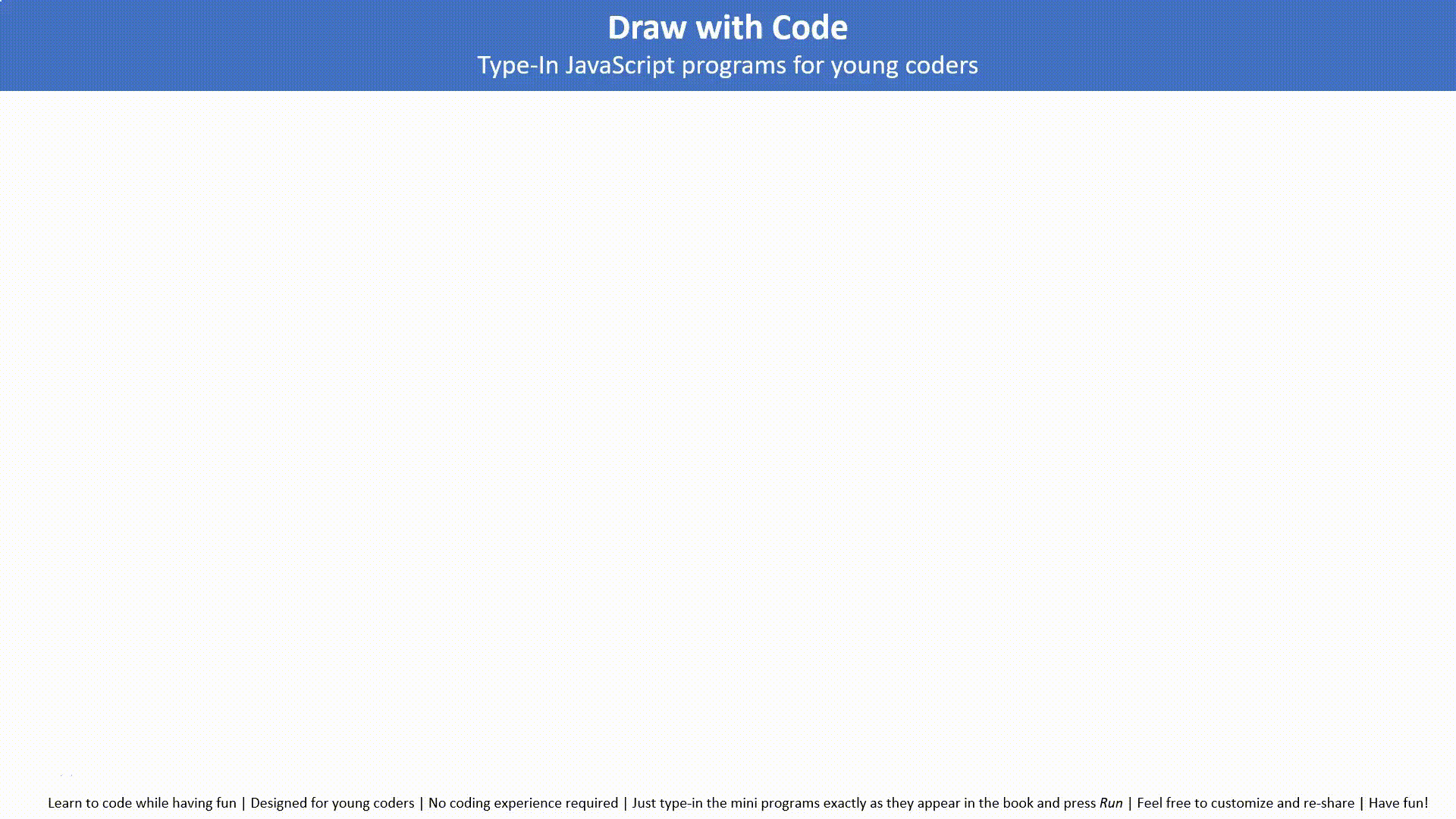I was just reading an article in a MagPi booklet about GPIOZero. The article mentioned how this nice Python library for physical computing got it’s name. It was basically designed with “Zero boilerplate philosophy” in mind.
I actually liked that very much, because I thinks that “zero boilerplate” is an important ingredients for beginners to learn coding… but also for more advanced users to learn a new framework.
When reading that article, I realized that codeguppy.com - the p5.js based site that I’m using to show about coding to kids and teens is also following the same philosophy. For instance this example shows how you can start writing “programs” as soon as you start the code editor.
What is your opinion?
2 Likes
…so… “an article in a MagPi booklet about GPIOZero” – are you asking us an opinion about that article? Is it linkable, or did you want to link to it?
What IS “zero boilerplate philosophy”? When I try to search it, I find that you have left this same post linking to codeguppy.com on sites like codingschoolsonline, dev.to, etc. but I don’t find anything about what it is. I’m curious, but right now this feels more like stealth advertising than a real question…
see https://en.wikipedia.org/wiki/Boilerplate_code
in processing no Intro lines (Boilerplate code) like in HTML or JAVA are required.
Therefore it’s easier for beginners
1 Like
Ah, I see. So Processing immediate mode would be truly “zero boilerplate” – you don’t even have to write setup or draw.
By the way @codeguppy, we’ve recently been working on enabling embeds from trusted sites on the forum. I believe that the codeguppy site is a fork of p5.js and it has an embed feature, doesn’t it? We could turn that on for sharing here if you like.
1 Like
